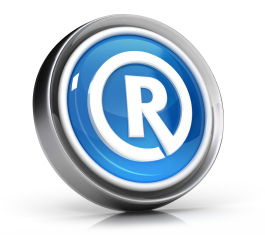
Types of Trademarks in the US: Fanciful, Suggestive, Descriptive, Generic
There are four types of Trademarks that can be filed in the United States through the USPTO. Although anyone can technically file their own mark, filing without the help of a lawyer comes with a very low success rate, often resulting in rejections and denials. There are many complexities involved in trademark law that make working with a trademark lawyer the most important step to getting your mark accepted by the USPTO. Type of mark is one of the first things to consider before filing, and mistakes here can result in delays and rejections.
Below is a brief description of the four types of trademarks:
- Fanciful Marks are made up words with no real meaning. They are easily secured and distinct.
- Arbitrary Marks are real words that are not associated with the product they represent. These are more likely to be approved because they are unique and it’s unlikely others will attempt to utilize them.
- Suggestive Marks allude to a product without directly describing it. Examples include Greyhound (Busses) and Jaguar (Cars).
- Descriptive Marks include representations that directly describe a product or service. If a trademark is deemed descriptive but not distinctive, it may be denied because doesn’t represent a product even though it describes it. Examples include Red Lobster and Holiday Inn.
One of the most popular types is descriptive, but these are often weak compared to other types and can be difficult to defend in court. Many generic marks cannot receive approval because they are everyday words and everyone has the right to use them.
Terms such as mark, brand and logo are often used interchangeably with trademark, but the term also includes any device, label, name, signature, word, letter, number, shape, package, color, smell, sound, movement or any combination that is capable of distinguishing the goods and services in the minds of consumers. When deciding what type of mark to choose, it’s always best to consult with a lawyer so you can avoid common mistakes, delays, and rejections.
